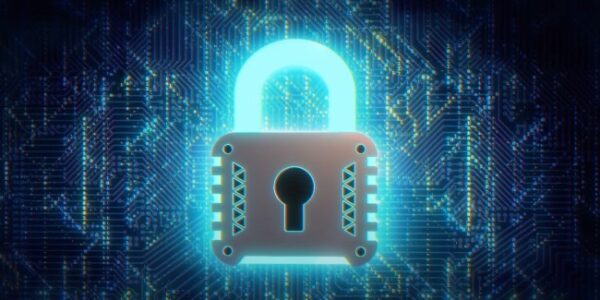 Identity theft is when someone uses your personal or financial information without your permission. They might steal your name, address, credit card, bank account number or Social Security number. And they could use them to cause you personal or financial harm—for example, using your personal credit cards for online shopping, stealing your tax refund, using your health insurance or pretending to be you if they are convicted of a crime.
Identity theft is when someone uses your personal or financial information without your permission. They might steal your name, address, credit card, bank account number or Social Security number. And they could use them to cause you personal or financial harm—for example, using your personal credit cards for online shopping, stealing your tax refund, using your health insurance or pretending to be you if they are convicted of a crime.
Here are some measures you can take to protect yourself from identity theft:
Protect documents that include personal information. Keep your financial records, Social Security and Medicare cards or any other documents that have personal information in a safe place. When you decide to get rid of these documents, shred any physical documents before throwing them away, and securely delete any electronic records.
Ask questions before giving out your Social Security number, and do not give your personal information to someone who calls, emails or texts you—it could be a scammer trying to steal your information. In addition, organizations might ask for your Social Security number but do not really need it. Ask the following questions before providing your Social Security number:
- Why do you need it?
- How will you protect it?
- Can you use a different identifier?
- Are you able to use only the last four digits of my Social Security number?
Protect the information on your devices. Keep personal and financial information secure on your computer or phone by maintaining up-to-date operating systems and software, enabling encryption and installing antivirus software such as Windows Defender (note that VUIT-managed computers have this software installed), McAfee Total Protection or Bitdefender. When logging in to an account, use a strong, unique password and add multifactor authentication for accounts that offer it.
Take measures to spot early, report and recover from identity theft. There are proactive things you can do to detect identity theft. For example, charges for things you didn’t buy could be a sign of identity theft. Periodically check your credit report to look for suspicious activity, or subscribe to a credit and/or identity monitoring service to maintain awareness of fraudulent activity. If you discover that someone is misusing your personal information, visit IdentityTheft.gov to report and recover from identity theft.
For more information and resources, visit consumer.ftc.gov/topics/identity-theft and consumer.ftc.gov/articles/what-know-about-identity-theft.
Other stories in the series:
- Strengthening cybersecurity across our institution
- Cybersecurity training and updated policies now available
- What is cybersecurity, and why does it matter?
- Be aware of your digital footprint
- Best practices for managing your passwords
- Phishing—be cautious of what you click
- Cyberbullying—you’re the first line of defense